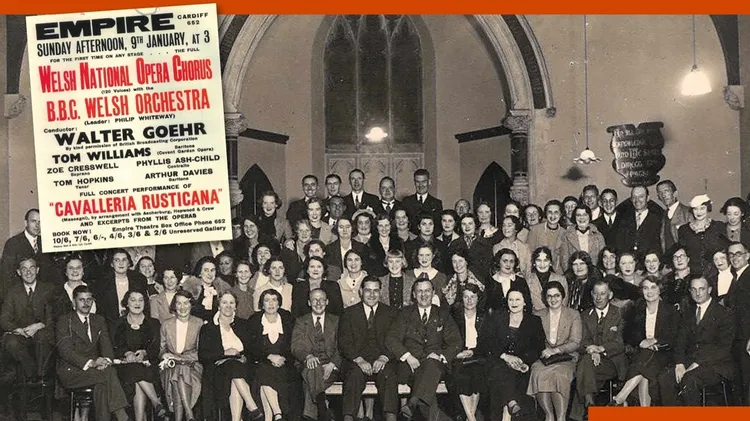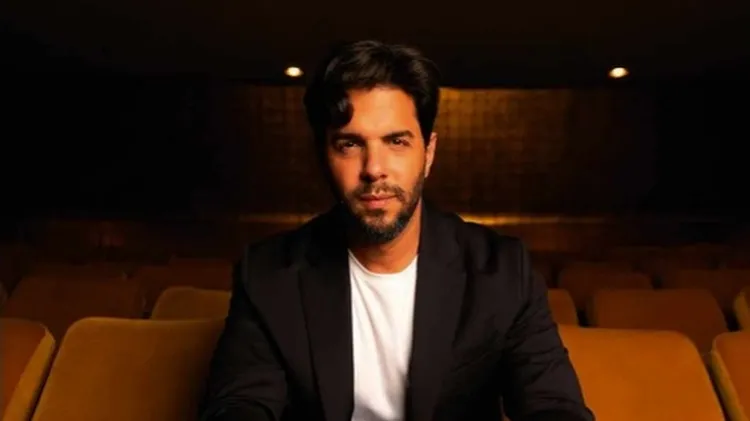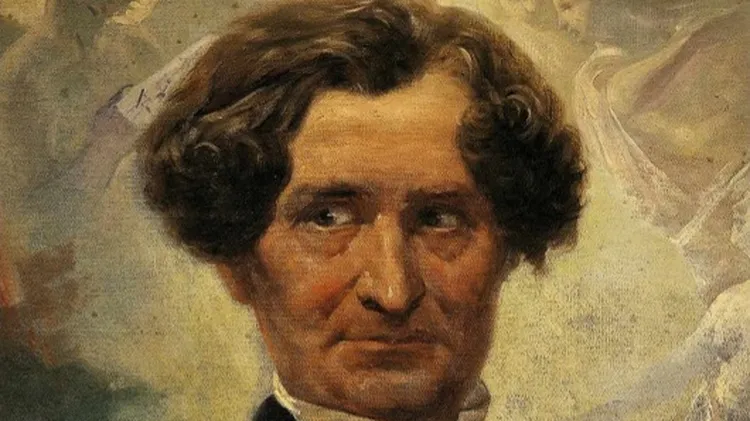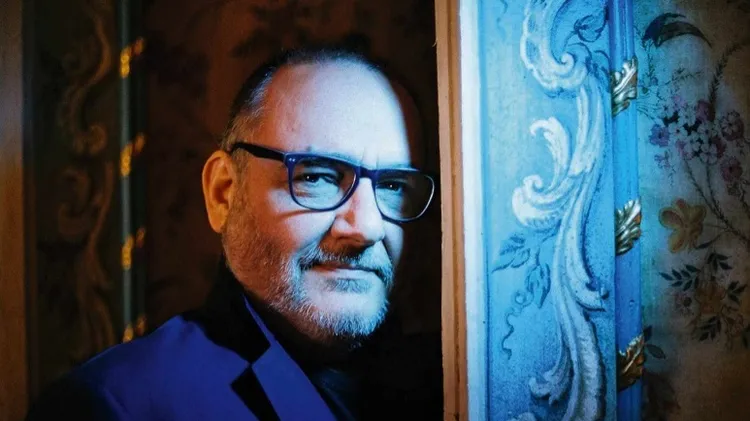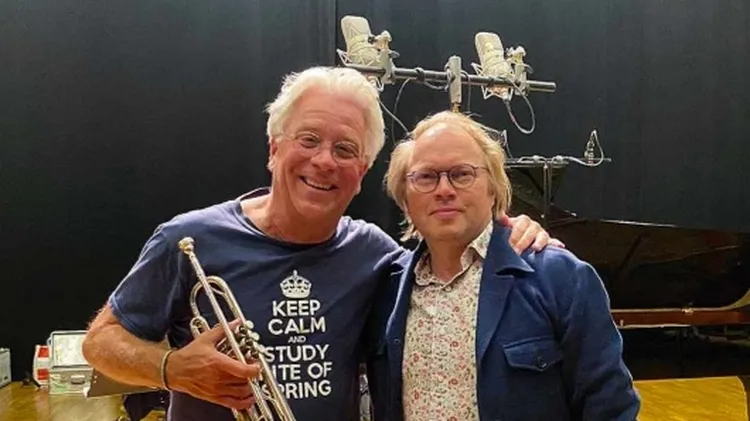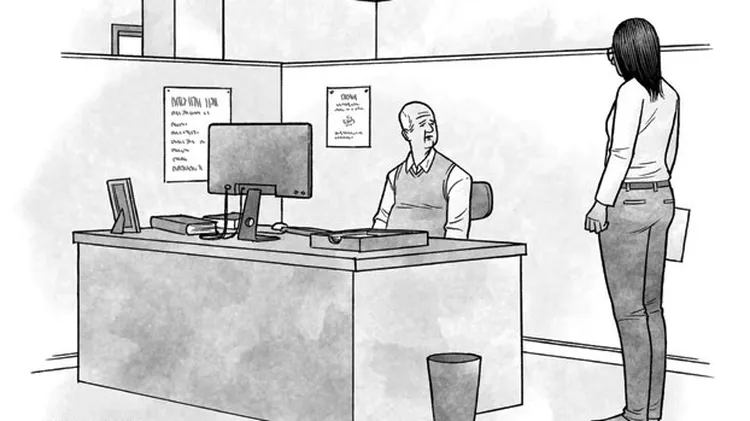Write to: The editor, BBC Music Magazine, Eagle House, Bristol, BS1 4ST Email
Have your say…
6 min read
This article is from...
Read this article and 8000+ more magazines and newspapers on Readly

